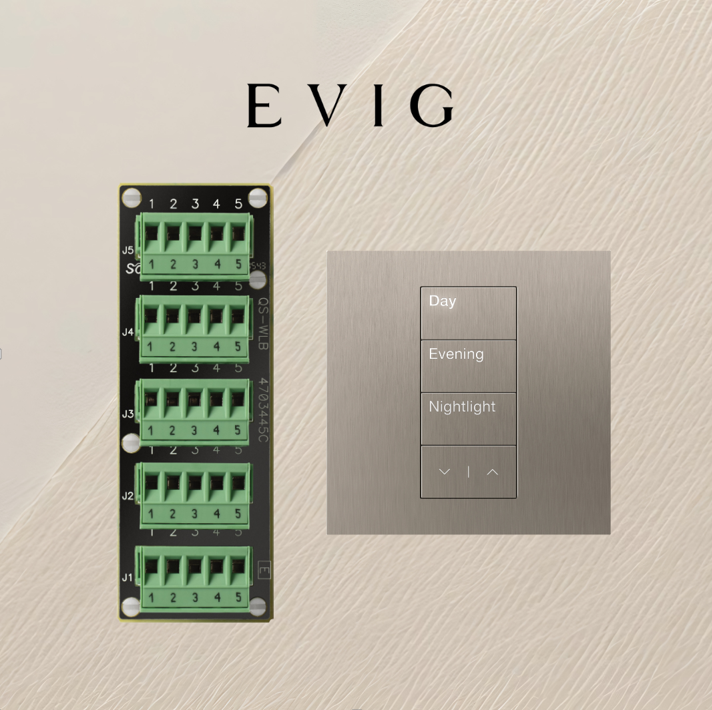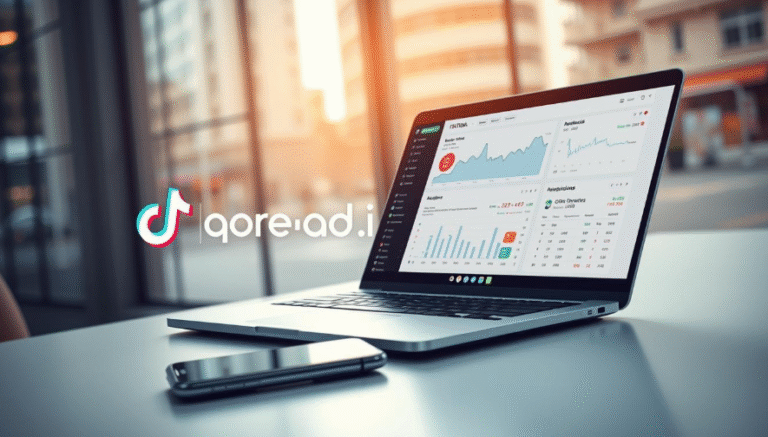How Tech Is Making Transportation More Efficient
Technology is transforming transportation efficiency in various ways. Smart traffic management systems optimize flow and reduce congestion. Ride-sharing platforms enhance accessibility while promoting sustainability through electric vehicles. Real-time data analytics provide instant navigation updates, improving travel times. These innovations collectively shape urban environments. However, the implications of these advancements extend beyond mere convenience, raising questions about the future of mobility in our cities. What challenges and opportunities lie ahead?
Smart Traffic Management Systems
As urban populations continue to swell, the necessity for efficient traffic management becomes increasingly critical.
Smart traffic management systems utilize traffic signal optimization and congestion monitoring to alleviate gridlock. By dynamically adjusting signal timings based on real-time data, these systems enhance vehicle flow, reduce travel times, and improve air quality.
Ultimately, they empower citizens with the freedom to navigate urban spaces more effectively and efficiently.
Innovations in Ride-Sharing Platforms
While urban mobility faces challenges from increasing congestion and environmental concerns, innovations in ride-sharing platforms are emerging as a transformative solution.
Features such as dynamic pricing enhance accessibility, allowing users to choose options that fit their budgets.
Additionally, improved user experience through streamlined interfaces and real-time updates fosters convenience, empowering individuals to navigate urban landscapes with greater freedom and efficiency.
Electric and Autonomous Vehicles
Although the integration of electric and autonomous vehicles (EVs and AVs) into urban transportation systems presents a myriad of challenges, their potential to revolutionize mobility is undeniable.
The development of robust electric vehicle infrastructure and advancements in autonomous driving technology can significantly enhance efficiency, reduce emissions, and empower individuals with newfound freedom.
As cities adapt, the future of transportation could become smarter and more sustainable.
Real-Time Data and Navigation Solutions
How can real-time data and navigation solutions transform urban mobility?
By leveraging real-time analytics and data visualization, cities can optimize routes, reduce congestion, and enhance overall efficiency.
These technologies empower commuters with timely information, allowing for informed decisions and greater flexibility.
As urban environments evolve, integrating such solutions fosters a more dynamic transportation landscape, ultimately offering individuals the freedom to navigate their cities effortlessly.
Conclusion
In conclusion, while some may argue that technology creates dependence on digital systems, the transformative impact of innovations in transportation cannot be overlooked. Smart traffic management, advanced ride-sharing, and the rise of electric and autonomous vehicles not only enhance efficiency but also promote sustainability and accessibility. By embracing these advancements, cities can address congestion and improve commuter experiences, ultimately leading to a more connected and environmentally friendly urban landscape. The future of transportation is not just about technology; it’s about smarter living.






